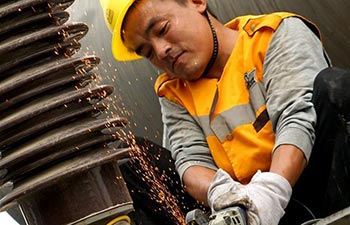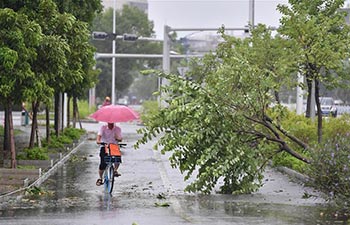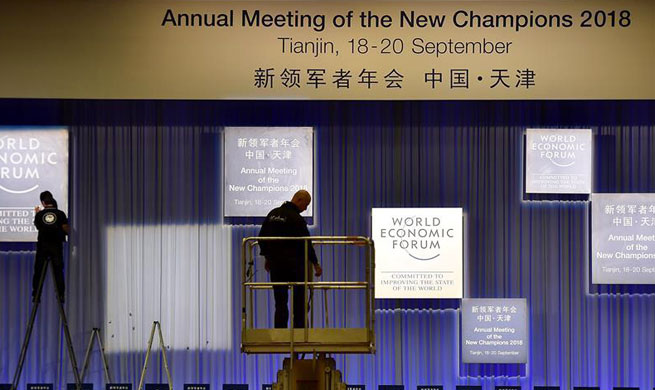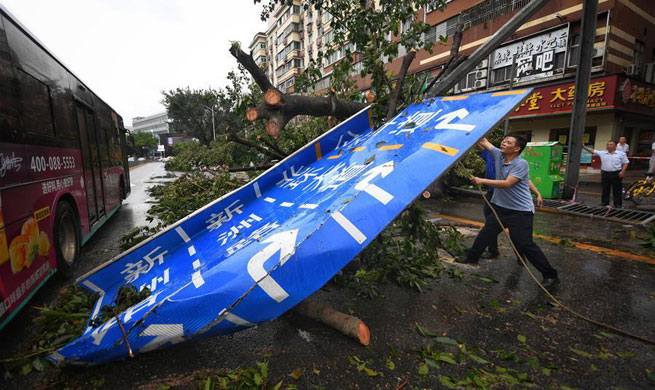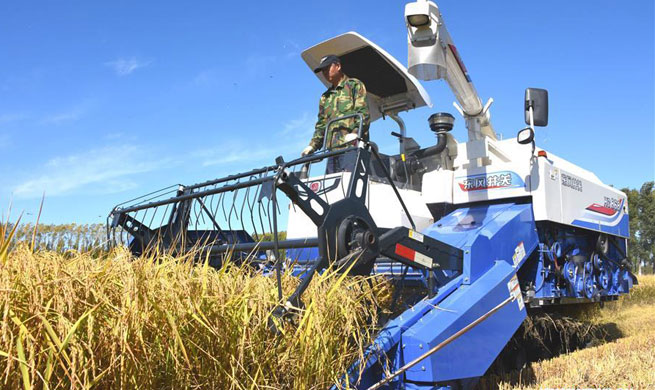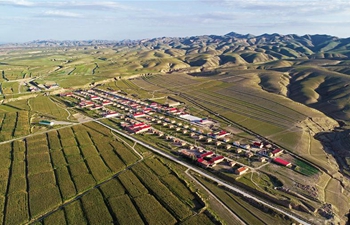BUENOS AIRES, Sept. 16 (Xinhua) -- China's coming middle-class boom is on Argentina's radar, said Enrique Mantilla, head of the Argentine Chamber of Exporters.
"Looking to 2040, there's going to be an important change in China. A very significant growth in the Chinese middle class and its purchasing capacity," Mantilla told Xinhua in a recent interview.
"We estimate that as wages rise, employment opportunities increase and family income grows, what's going to happen is that people are going to cook less at home and buy ready-made products," said Mantilla.
That's where Argentina's exporters hope to play a bigger role as suppliers, according to Mantilla.
"Over the next 20 years, it's a cultural change that we have to keep in mind -- selecting foods with a criteria based on health more than just pure pleasure," he added.
To that end, Argentina and China are stepping up negotiations on opening up China's consumer market to Argentine exports, such as lamb, pork, honey, wheat, cherries and sorghum.
Simply knowing the Chinese consumers' needs is not enough, Mantilla said, adding that the challenge is to find the channels through which you distribute or gain buyers for your products.
"China is very large. You have to ... narrow down what you want to focus on, get to know the wholesale buyers, then get to know how to also reach the retail level," said Mantilla.
Mantilla admitted that it is challenging to understand consumers' needs and meanwhile identify the advantages of Argentina's products. "It requires time."
However, the task is made easier since decision-makers in both the Argentine government and the private sector aim to strengthen trade ties with China, he said.
China is Argentina's biggest agricultural export market and a leading buyer of its cooking oils, soy, beef and poultry, wine and dairy products.
"Our vision of China is a vision of China plus Asia as a whole, because China also has many trade ties and productive chains with its neighbors, so the Chinese market is important," Mantilla said.
Food security is a matter of increasing relevance, he said, explaining that "due to climate change, you have to adapt the infrastructure where the foods are processed to guarantee food security."
"China is looking at this topic just as we are, offering cooperation and credit lines so we can gradually build the routes that will ... guarantee food security," Mantilla added.





